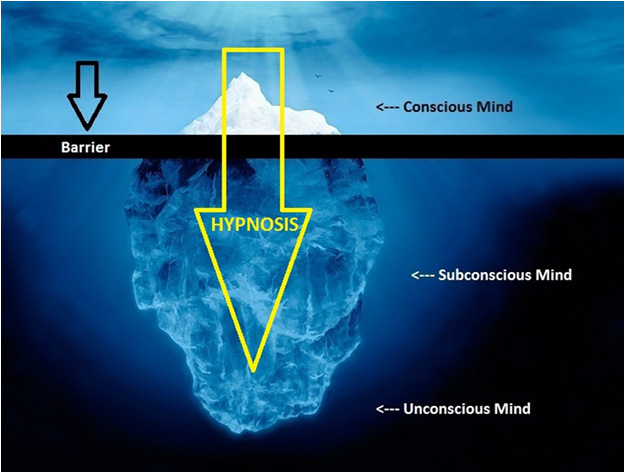Clinical Hypnotherapy is the use of hypnosis to treat psychological symptoms that are having an effect on a person’s life.
Hypnotic or suggestive therapy has been used for centuries as a healing technique; in modern times it has progressed to ‘hypnotherapy’ – a highly effective, non-invasive therapy that provides solutions where perhaps other interventions have been shown to be less effective. It operates as a skilled form of verbal communication aimed at directing your imagination in a way that helps to bring about desired changes in perceptions, sensations, feelings, thoughts and behaviours.
The general perception of hypnosis has often been distorted by the more widely known use of stage hypnosis whereby people are behaving rather oddly on a stage for the benefit of an audience for entertainment purposes. However the use of hypnosis for therapy is very different, confidential clinical hypnotherapy is provided by Angie in a private setting and you will be treated on a one to one basis for your sole benefit in order to improve your own health and wellbeing.
Prior to the start of the treatment, Angie will arrange a consultation where she can discuss the presenting issues or barriers you are experiencing and the changes you wish to make. During consultation Angie will note any previous medical history, ask questions about your general health and lifestyle and formulate a personalised treatment plan. Treatment is usually weekly and may last from one session to three or four depending on your desired goals.
People often think you have to be asleep during hypnosis, and feel it hasn’t worked for them because they felt awake throughout. This is not actually the case because hypnosis is not ‘sleep’ but actually a state of altered awareness, brought about by relaxing the conscious part of the brain in order that the subconscious part can take over. Angie will gently guide you into this state of altered awareness – the place between being awake and asleep. You will be fully aware and in control at all times, no one can be hypnotised against their will or made to do things they don’t want to do. You will still hear things, feel the chair beneath you, and can even end the session yourself if you want to because you are in control throughout the session.

* Hypnotherapy is a complementary therapy; it is not intended to be a substitute for professional medical advice, diagnosis, or treatment. It is not a substitute for a medical examination, nor does it replace the need for services provided by medical professionals.
Always seek the advice of your medical professional before making any changes to your treatment. Any medical questions should be directed to your doctor.
